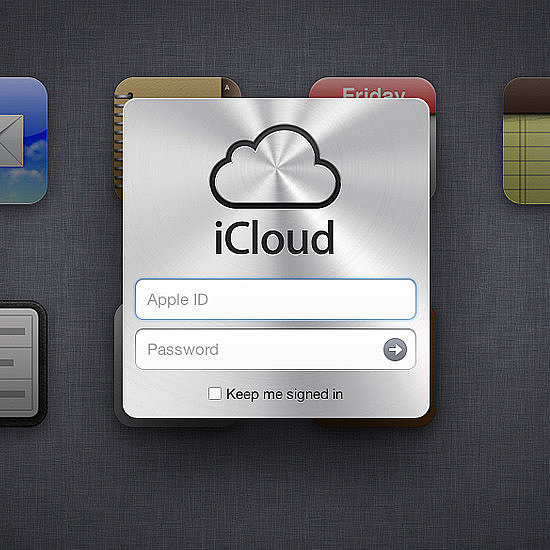
Many organizations and individuals today rely on cloud services to backup data and share documents. However, some are concerned about the level of security these third party hosts can guarantee.
Apple’s iCloud service does encrypt your data during the transfer and storage processes. But not every scenario may be appropriate for iCloud storage. Here are four things to consider before you choose to move your files to iCloud.
1. Single-user access
ICloud was primarily built with consumer interests in mind, meaning that each account is dedicated to a single user. Unlike Google Drive, Dropbox Business, and other cloud services, iCloud was not intended to handle multiple collaborators.
This can be a major security issue for groups who share a single iCloud login. Everyone has the same amount of access and permissions, and administrators are unable to see which users made changes to the account at different times.
2. Password requirements
Like many online accounts and services, your level of security is only as good as your password. If the password is easy to guess or remains unchanged for too long, it can be easy for someone to gain unauthorized access to your accounts.
Apple takes these threats very seriously, and requires that all users create a complex password containing at least eight characters, with a single number, an upper-case letter, and a lower-case letter. To avoid redundancy, Apple will not let you use a password that was active over the past year.
3. Encryption
Your files are encrypted during the transfer and storage processes on iCloud. Apple uses a minimum of 128-bit encryption. This is an Advanced Encryption Standard that is used by the U.S. government and well-known financial institutions.
The cipher scrambles your data so it becomes unreadable by hackers if they try to intercept your data. However, you may want to use a cloud service with higher levels of encryption if you are storing extremely sensitive data, such as medical records or billing information.
You might prefer to explore additional virtualization services and higher encryption rates for business data.
4. Authentication tokens
Many apps link with your iCloud account so you can send file backups directly to your storage space. Apple uses encrypted SSL tokens to verify that these apps have permission to get access to your account and make changes.
This should prevent anyone else from breaking into your account. SSL tokens convey your identity to iCloud, so the service doesn’t need to store your login credentials on your computer, phone, or tablet.